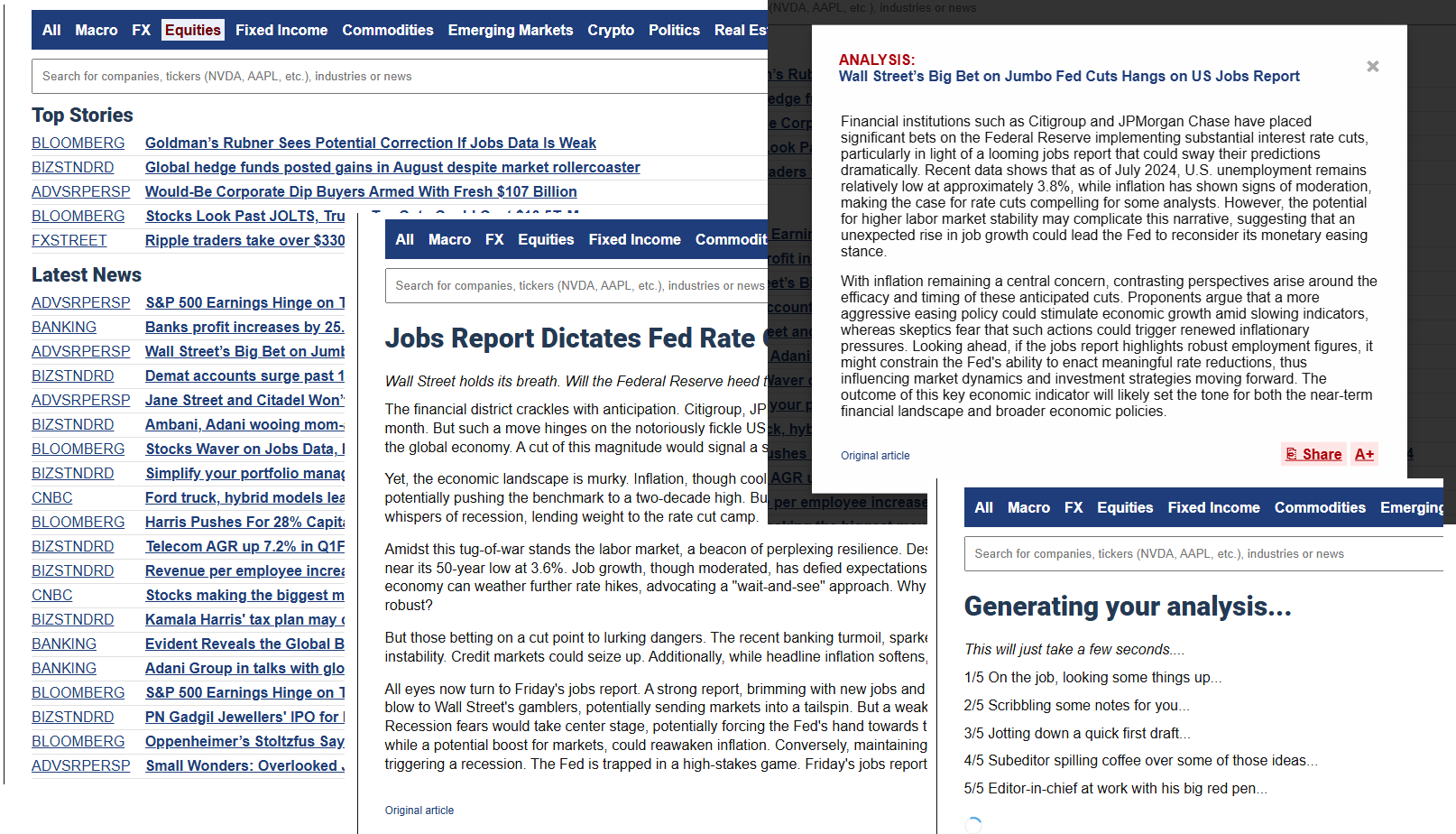Global Economy Reimagined Tech Crisis Highlights Emerging Challenges
In the complex tapestry of global economic systems, diverse forces converge to challenge traditional paradigms and foster opportunities for innovation. Central to this dynamic are rural women, who stand as pivotal drivers of agricultural productivity. Their contributions not only sustain food security but also underscore the critical role gender inclusion plays in fostering economic resilience. Romina emerges as a vocal advocate, asserting that rural women form the indispensable backbone of agricultural labor. Her insights illuminate how their work in planting and harvesting directly correlates with regional economic empowerment and poverty alleviation. Recognizing and investing in female agricultural capabilities holds the promise of enhancing local economies and strengthening global food supplies.
Yet, this optimistic narrative exists alongside the technological underpinnings that continue to expose vulnerabilities across industries. The recent $7 million settlement related to SolarWinds hacks illustrates the fragility of cybersecurity systems. The Securities and Exchange Commission (SEC) accused four firms of downplaying the severity of cyberattacks, highlighting deeper transparency issues, sparking investor concerns, and necessitating stringent cybersecurity frameworks. This situation reflects a growing need for standardization and robust governance to safeguard corporate integrity and stakeholder trust.
Meanwhile, the cryptocurrency sector faces growing scrutiny as regulators and market participants grapple with its broad implications. Venture capitalist Nic Carter's rebuttal to Minneapolis Fed President Neel Kashkari reveals a significant divide. While Kashkari criticized crypto mainly as an instrument of criminal activity, Carter provided data-driven evidence of widespread legitimate uses, challenging traditional financial myths. Such debates are inflection points that influence policy-making and guide financial innovation in a landscape where crypto integration continues to advance.
Simultaneously, economic disruptions unfold in the banking sector following Federal Reserve interest rate adjustments. Despite anticipatory cuts, banks innovate by offering attractive rates to retain customer deposits, with some nearing a high of 5%. This strategic pivot aims to attract liquid assets through competitive high-yield savings accounts, signaling shifts in banking models and implications for financial stability and consumer behavior. In parallel, consumer credit trends expose financial strains as nearly a third of credit card users grapple with lingering holiday debts from the previous year.
Projected spending patterns rekindle experts' worries about consumer debt behavior, urging strategies to alleviate holiday-induced financial burdens and improve economic stability. Amidst these financial stressors, notable shifts in dietary habits manifest. In China, meat consumption has soared—once a marker of affluence, now breeding public health challenges amid higher obesity rates and lifestyle diseases. This trend presents a complex dilemma for policymakers tasked with balancing cultural traditions against the necessity of health initiatives.
On a macroeconomic scale, gold has regained prominence, with analysts urging Western economies to monitor its price surge closely. Gold's appeal as a refuge amid the weakening dollar hegemony reflects broader shifts in monetary systems. Its role as an inflationary hedge critiques traditional financial hierarchies, representing a pivotal moment for gold as an indicator of geopolitical confidence and monetary realignment.
Amidst these developments, Jane Street Capital's unprecedented compensation for interns highlights intensifying competition for financial talent. Offering salaries higher than some political entry positions emphasizes an industry-wide race that could normalize elevated compensation structures. This approach underscores high stakes in securing top talent within evolving market landscapes.
In digital finance circles, Revolut faces the crucial task of rebuilding consumer trust, which has been marred by numerous fraud allegations. Multiple customers report dissatisfaction with post-scam treatment, reflecting weaknesses in digital banking customer support and security mechanisms. With online banking's rise, prioritizing antifraud frameworks and responsive customer service will be key to sustaining consumer confidence and advancing successful digital financial models.
As these stories converge within the global economic mosaic, they illustrate an intricately intertwined fabric where adaptability and foresight are essential. From empowering rural women in agriculture to scrutinizing financial technologies' nuances, these narratives echo a world in transition. Stakeholders across policymaking, business, and consumer domains must coalesce strategies to harness opportunities while mitigating risks—ensuring sustainable and inclusive economic futures.
AI-Powered trading insights: join our email list
Real-Time Market Analysis
Get instant insights on market trends, news impact, and trading opportunities.

